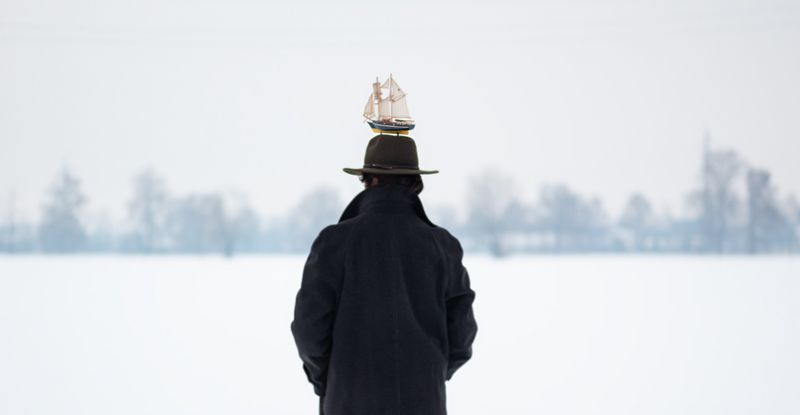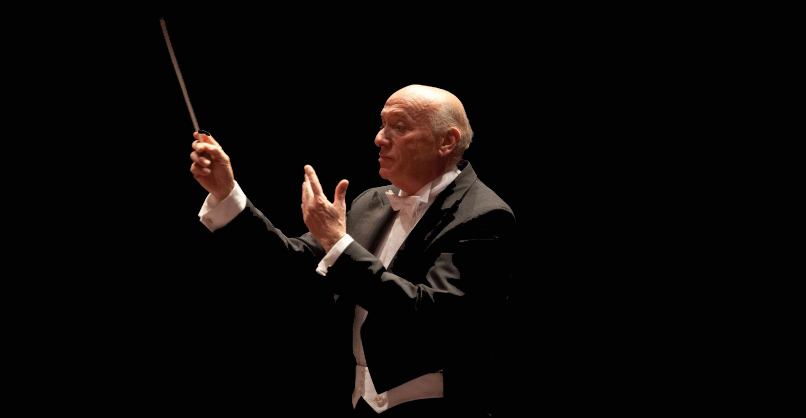- Venue's Capacity: 1582
Established at the beginning of the 18th century, at the initiative of Victor Amédée II, then of Charles Emmanuel III, the Teatro Regio was designed by the architect Benedetto Alfieri.
It opened on December 1740, and was for a long time one of the biggest theatres in the world (seating 2500 in its amphitheatre and five tiers of boxes). Magnificent decorations once adorned the auditorium, such as the vault painted by Bernardino Galliari. In the Napoleonic era, in order to expunge the emblems of the House of Savoy, the Regio was renamed the “Teatro Imperiale”. Its former name was restored in 1814 and it was redecorated in a neo-classical style, at the behest of King Charles Albert when Piedmont was reintegrated into the Kingdom of Savoy. After Italian unification and the move of the capital to Rome, the royal house transferred ownership of the theatre to the City of Turin.
One immortal figure stood out in the city’s musical life at the turn of the 20th century: Arturo Toscanini, notably with the premiere of La Bohème. With around 200 premieres, the Teatro Regio was then a serious contender with La Scala and of the Teatro San Carlo in Naples, but a terrible fire in 1936, which spared only its façade, forced it to close.
The new Teatro Regio opened in 1973 with Verdi’s "I Vespri Siciliani" performed by Maria Callas and Giuseppe di Stefano. It is now run as a private foundation. All year round the Teatro Regio hosts a vast range of initiatives and top-class musical performances, operatic works, ballets, symphonic concerts and vocal recitals. It has never ceased to be a witness to the history and events of Turin, Italy and Europe.










